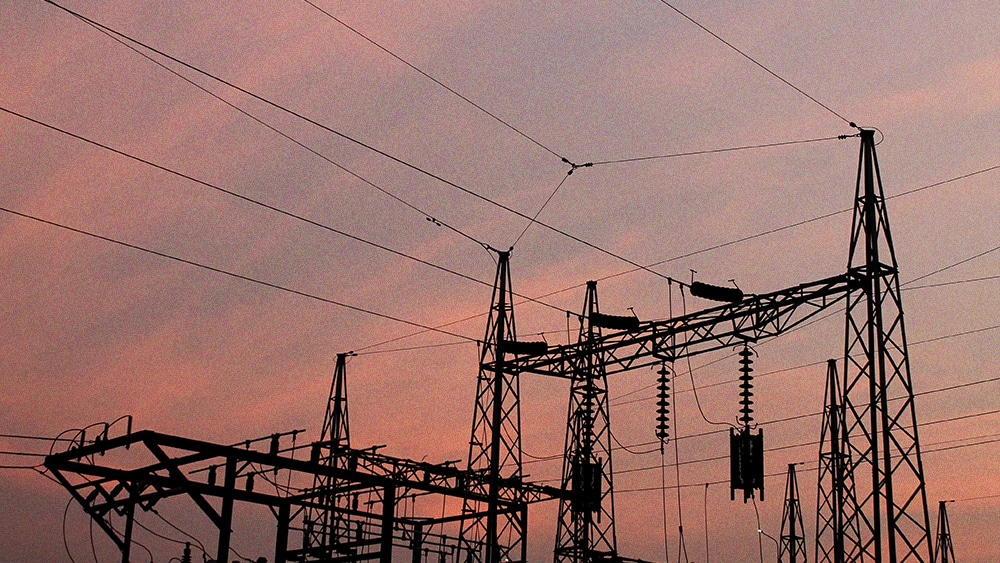
Credit: Outlever
Businesses obsess over optimizing KPIs, but this week’s massive Iberian blackout delivered the ultimate metric of failure: zero availability for the foundational service underpinning nearly all modern economic activity, triggering widespread chaos and urgent questions about grid reliability. The sudden, unprecedented power failure across Spain and Portugal served as a stark, real-world stress test, revealing the immense operational costs when essential infrastructure buckles.
The collapse: The lights went out across the Iberian Peninsula around 12:30 p.m. Central European Summer Time on April 28, plunging major cities like Madrid, Barcelona, Lisbon, and Porto into darkness. Spain’s electric network operator, Red Eléctrica de España (REE), termed the event “el cero” – the zero – an apt description for the near-total loss of service that impacted millions.
Service paralysis: The impact was immediate and devastating, halting the machinery of daily life and commerce. Train services across both Spain and Portugal ground to a halt, leaving tens of thousands stranded. Traffic lights went dark, forcing civilians to direct snarled traffic in cities like Barcelona. ATMs and banking services became inaccessible, mobile phone networks largely failed, and even major events like the Madrid Open tennis tournament were suspended. Hospitals switched to backup generators, highlighting the critical dependence of even essential services. The disruption rippled outwards, cancelling flights and leaving travelers stuck for days and enduring hours on grounded planes.
Hunt for the trigger: While power restoration began gradually Monday afternoon, the critical question remains: what caused such a catastrophic failure? Spain's High Court has opened an investigation, and EU Energy Commissioner Dan Jorgensen announced a thorough EU probe. REE stated Tuesday it had identified two incidents of power generation loss, likely from solar plants in southwestern Spain, which caused instability and led to a breakdown of its interconnection with France. While REE initially ruled out a cyber attack on its own systems, Spanish Prime Minister Pedro Sánchez cautioned Tuesday that this didn't preclude an attack elsewhere in the system. An initial report blaming a "rare atmospheric phenomenon," cited by news agencies Monday but later denied by Portugal's grid operator, added to the early confusion.
Grid under pressure: The incident throws a harsh spotlight on the operational challenges of managing grids with high levels of renewable energy. At the time of the blackout, solar accounted for a massive 59% of Spain's electricity generation. While Prime Minister Sánchez asserted Tuesday that excess renewable energy wasn't the problem, citing relatively low demand, experts note that high reliance on intermittent sources like solar reduces grid inertia – the stabilizing buffer provided by traditional rotating generators – making the system potentially more vulnerable to sudden frequency shifts. Maintaining the precise 50Hz frequency is critical; deviations trigger automatic shutdowns to protect equipment, potentially leading to cascading failures like the one witnessed Monday.